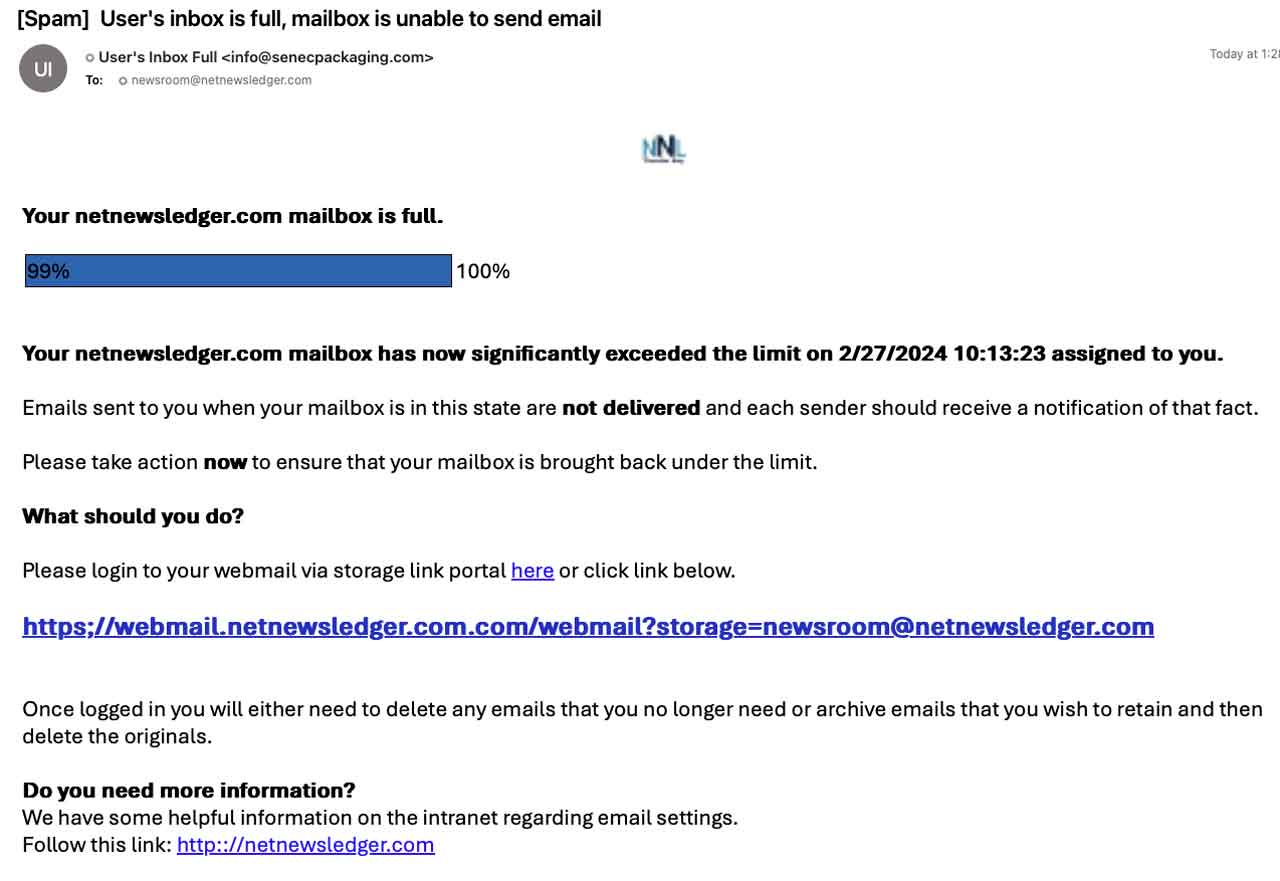
THUNDER BAY – NEWS – The Thunder Bay Police Service is raising alarms over the persistence of the grandparent scam within the community, particularly targeting senior citizens.
In a notable incident earlier this month, a senior was defrauded of $3,000, falling victim to this very manipulative scheme.
How the Scam Works
The scam typically begins with a call from a private number, where the fraudster poses as a legal representative of a family member—in this case, the resident’s grandson—allegedly involved in a car accident.
The scammer may even play a voice in the background, purported to be the family member, to lend credibility to their story.
They then request an urgent transfer of funds, in this scenario, $3,000, for bail via electronic transfer to a specified email address, followed by a request for gift cards to cover additional expenses.
Upon sensing the fraudulent nature of the call, the resident rightly identified it as a scam, preventing further loss.
Preventive Measures and Advice
The Economic Crime Unit of the Thunder Bay Police Service emphasizes the importance of communication among families and friends to educate and protect those who might be susceptible to such scams. To safeguard against these deceitful tactics, community members are advised to:
- Immediately Hang Up: If you receive a suspicious call, hang up right away without providing any personal or financial information.
- Verify Independently: Attempt to directly contact the family member mentioned by the caller or other relatives to confirm the situation.
- Recognize Pressure Tactics: Be wary of any urgent requests for money, especially if the caller dissuades you from verifying their claims. This pressure is a hallmark of scam attempts.
- Educate on Alternative Verification Methods: Encourage the use of secret questions or codes that only true family members would know.
- Report Suspicious Activities: Notify the police or financial institutions if you suspect a scam, even if no money was lost.
- Stay Informed: Regularly visit reputable websites, such as the Canadian Anti-Fraud Centre, to stay updated on the latest scam tactics and protective strategies.
- Use Technology Wisely: Consider using call-screening options and be cautious of unknown email attachments or links.
The American Federal Communications Commission report, “Grandparents often have a hard time saying no to their grandchildren, which is something scam artists know all too well.
“Scammers who gain access to consumers’ personal information – by mining social media or purchasing data from cyber thieves – can create storylines to prey on the fears of grandparents. The scammers call and impersonate a grandchild – or another close relative – in a crisis situation, asking for immediate financial assistance. Sometimes these callers “spoof” the caller ID to make an incoming call appear to be coming from a trusted source.
“Often the imposter claims to have been in an accident or arrested. The scammer may ask the grandparent “please don’t let mom and dad know,” and may hand the phone over to someone posing as a lawyer seeking immediate payment”.
The CRA Scam
The other common scam played out across Canada, and in Thunder Bay is the CRA Scam. This video is from an attempted scam here in Thunder Bay.
The Canada Revenue Agency (CRA) scam has become a notorious and prevalent issue across Canada. This scam targets unsuspecting individuals with sophisticated and convincing tactics.
Fraudsters impersonating CRA officials contact potential victims through phone calls, emails, or text messages, claiming that the recipient owes back taxes or has committed a financial discrepancy that urgently needs to be resolved.
These scammers employ aggressive language and threaten serious consequences, such as arrest, deportation, or the seizure of assets, to instill fear and prompt immediate payment.
Often, they request payments through unconventional methods like gift cards, cryptocurrency, or wire transfers, which are red flags for fraudulent activity.
In response to the rising incidents of the CRA scam, Canadian authorities and the CRA have intensified their efforts to educate the public about recognizing and protecting themselves from these fraudulent schemes.
They stress the importance of verifying the authenticity of any communication claiming to be from the CRA, noting that the agency never uses threatening language or demands payment through insecure channels.
Individuals are advised to hang up on suspicious calls and to contact the CRA directly through official channels to inquire about their tax status. Additionally, the Canadian Anti-Fraud Centre provides resources and reporting mechanisms for those who encounter or fall victim to the scam, aiming to reduce its impact and prevent future occurrences.

Phishing Scams on the Rise
Another very common tactic is seeking your personal information, your password for your email account, or banking details. It called Phishing.
Phishing is a type of cybercrime where scammers impersonate legitimate organizations or individuals to deceive victims into revealing sensitive information, such as passwords, credit card numbers, or social security numbers.
This is typically achieved through the use of fraudulent emails, text messages, or websites that mimic those of trusted entities, creating an illusion of legitimacy that tricks users into responding.
These phishing messages often contain urgent or alarming calls to action, urging the recipient to click on a link or open an attachment under the pretence of resolving a problem or claiming a reward.
Once the victim takes the bait, the scammer can gain unauthorized access to personal accounts, commit identity theft, or install malware on the victim’s device.
Recognizing phishing attempts involves scrutinizing communication for suspicious elements and verifying the authenticity of the message through direct contact with the purported source, thereby safeguarding personal information against unauthorized access.
Avoiding phishing scams requires vigilance and an understanding of the common tactics used by scammers.
Phishing attempts often involve unsolicited communications, such as emails, text messages, or phone calls, that aim to trick individuals into revealing personal, financial, or login information.
These messages may appear to come from legitimate sources, including well-known companies or organizations, and often contain urgent or enticing prompts to click on links or open attachments.
To protect oneself, it’s crucial to scrutinize the sender’s email address for any inconsistencies or signs of illegitimacy, and to avoid clicking on any links or downloading attachments from unknown or suspicious sources.
Additionally, enabling multi-factor authentication on accounts adds an extra layer of security, making it harder for attackers to gain unauthorized access even if they manage to obtain login credentials.
Educating oneself on the latest phishing techniques and maintaining up-to-date security software are also key strategies in combating phishing scams.
Security software can often detect and block malicious emails and websites, providing a strong first line of defence. It’s also important to regularly update passwords and to use complex, unique passwords for different accounts to minimize the risk of multiple accounts being compromised if one is breached.
If you receive a message that seems suspicious or claims to be from a company or service provider, it’s wise to contact the entity directly through a verified phone number or website to verify the communication’s authenticity. By staying informed and exercising caution in online communications, individuals can significantly reduce their risk of falling victim to phishing scams.
The Thunder Bay Police Service is committed to the safety and well-being of all community members, especially the elderly, who are disproportionately targeted by scammers. By staying informed and exercising caution, residents can better protect themselves against these malicious fraud attempts.





